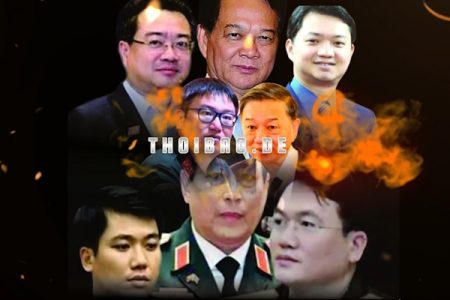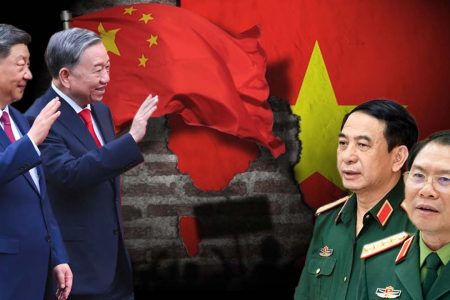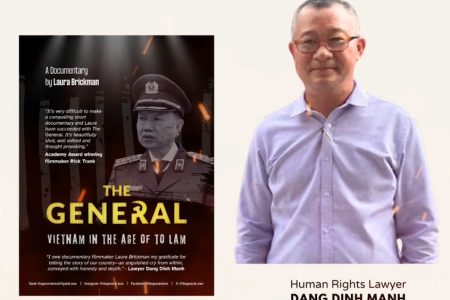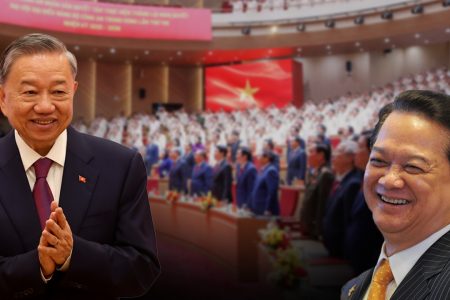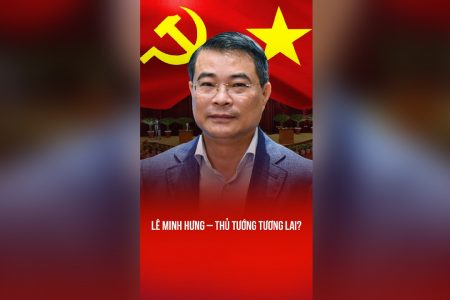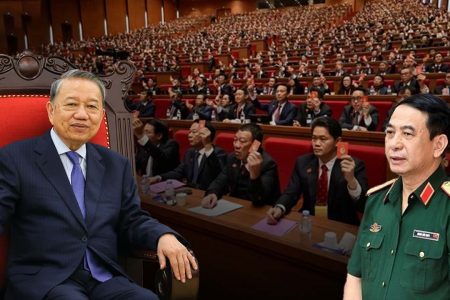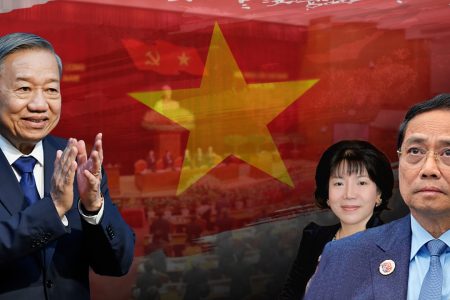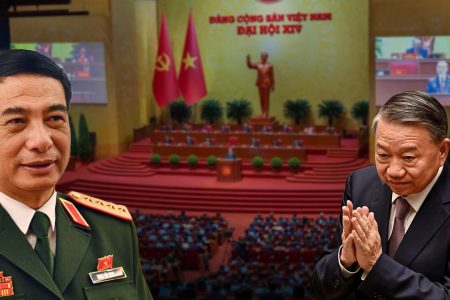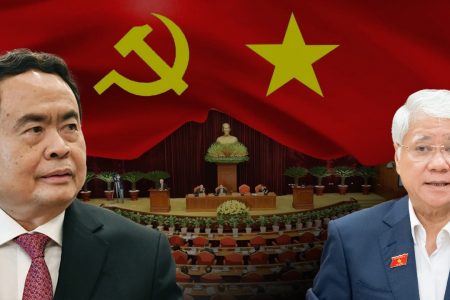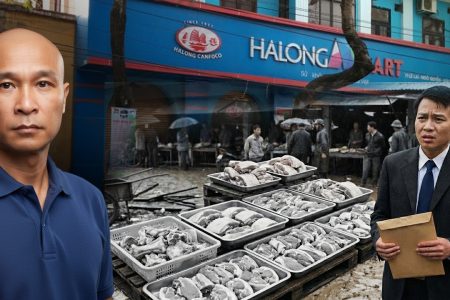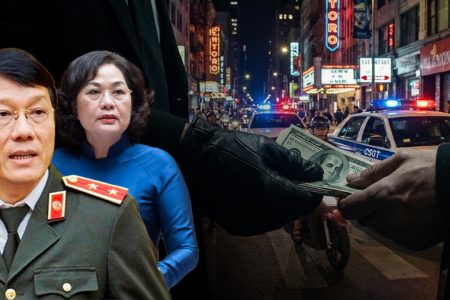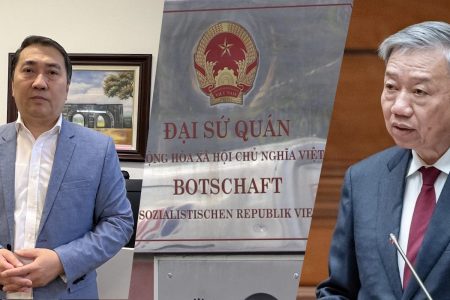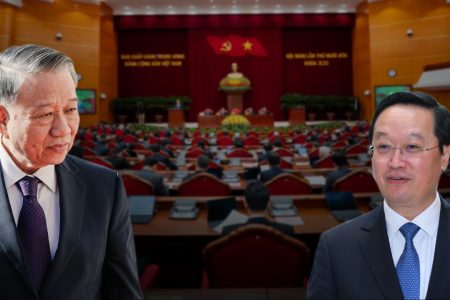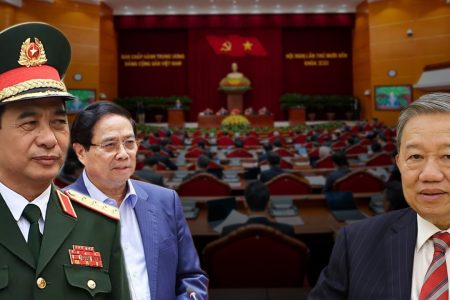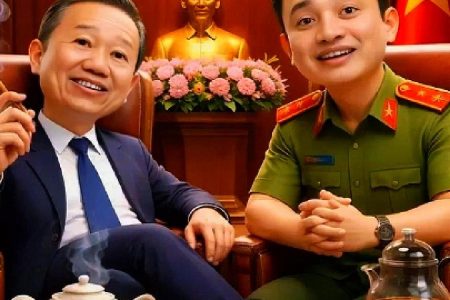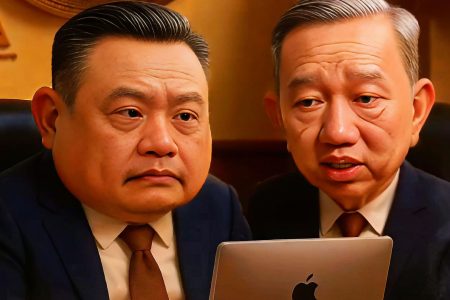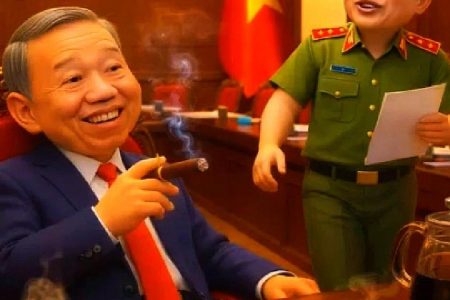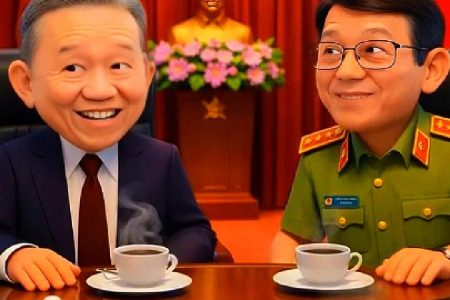On July 8, 2025, according to its Information Portal, the Vietnamese government issued a statement on the Thailand-Cambodia situation, expressing a hope that the two countries to soon resolve the dispute through dialogue.
However, according to international observers, when Cambodia-Thailand relations fell to their lowest point since the 2008 border conflict, Vietnam took very remarkable steps.

Hanoi upgraded relations to a „Comprehensive Strategic Partnership“ and increased defense cooperation with Bangkok. At the same thime, there has been almost no public response to support Phnom Penh.
The above moves have raised the question: Why do Vietnamese leaders seem to turn their backs on Cambodia, a strategic ally in the former Indochinese alliance?
Cambodia has relied on China in recent years, becoming a threat to Hanoi. In particular, the Ream naval base, located next to the Gulf of Thailand, is directly connected to the southwestern sea of Vietnam.
China’s military presence at Ream means that the southwestern border area of Vietnam is at risk of becoming a key front if a conflict occurs in the region.
Up to now, Cambodia under the leadership of the Hun Sen family is no longer a „strategic ally“ of Hanoi. On the contrary, this country is moving closer to China at an alarming rate.
Not only in terms of national security, Cambodia is now also the center of transnational criminal activities, from online gambling, high-tech fraud, to human trafficking.
The Thai government and Western countries have also publicly accused the Phnom Penh government of condoning these „illegal“ activities, especially in special economic zones controlled by China.
Faced with this situation, Thailand has taken strong measures to close a series of border gates with Cambodia to prevent criminal flows. This creates great pressure on domestic security, forcing Hanoi to reconsider its “level of intimacy” with a neighboring friend that is becoming a hot spot of instability.
According to international observers, in recent years, Vietnam-Thailand relations have shifted from economic competition to strategic cooperation. And Thailand is emerging as a new reliable security partner of Hanoi in the region.
In the context of the Gulf of Thailand becoming a strategic disputed area, Hanoi’s „leaning“ towards Bangkok is a necessary step to establish a balanced position against the risk of being surrounded by China from 3 directions: the North, the East and the Southwest.
Recently, the Cambodian leadership has repeatedly criticized Thailand for „violating sovereignty“ while publicly showing its closeness to Beijing.
In an unprecedented move, Thai media recently quoted a military source saying that a retired senior official of the Vietnamese Ministry of Defense has just issued a warning to Cambodia.
Accordingly, this Vietnamese General reminded Mr. Hun Sen and his son „not to talk nonsense“ and hinted that „Cambodia’s military capacity is dozens of times weaker than Thailand’s“ so Phnom Penh should be careful.
Vietnam is a country known for being cautious in its diplomatic language, but revealing such a „tough“ message, according to Thai media, is rare. It reflects Hanoi’s level of strategic impatience with Phnom Penh.
Notably, on July 4, 2025, in Hanoi, Chief of General Staff of the Vietnam People Army General Nguyen Tan Cuong had an important meeting on security and defense cooperation with General Songwit Nunphakdee, Commander of the Royal Thai Defense Force. Thailand, as the second largest military power in Southeast Asia, is directly confronting China’s influence in Cambodia, and is considered by Vietnam as a new „strategic block“ in the West.
Therefore, it is imperative and necessary for Vietnam, for its vital interests in national security and sovereignty, to „turn its back“ and be more vigilant with Cambodia, and the Hun Sen family.
Tra My – Thoibao.de



